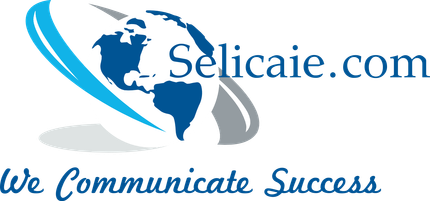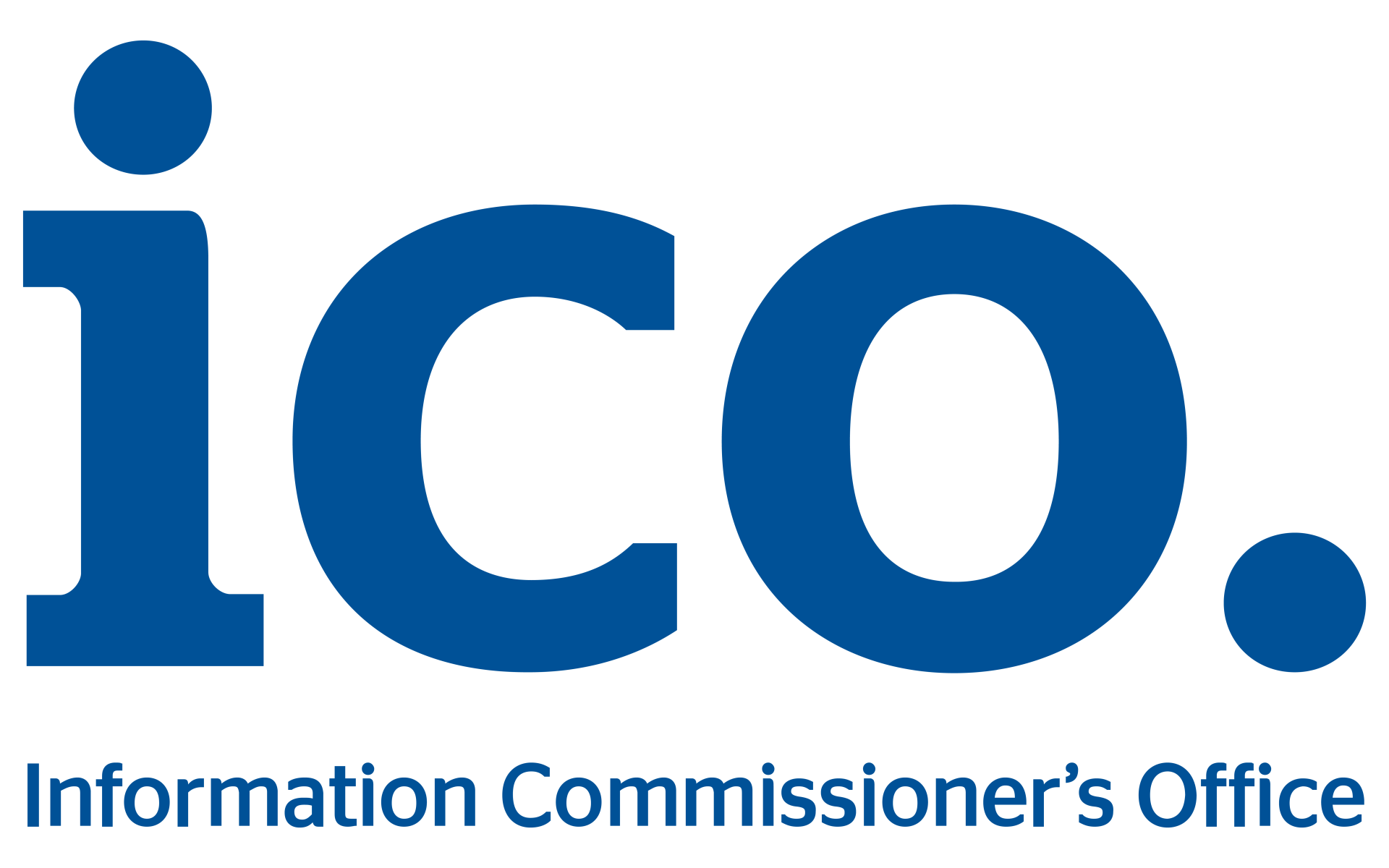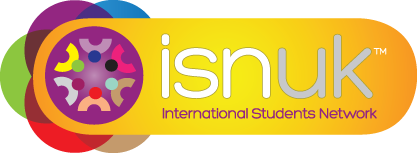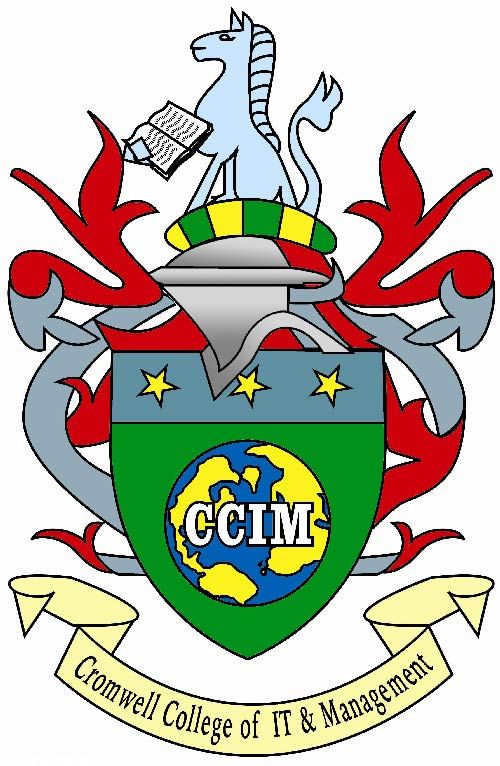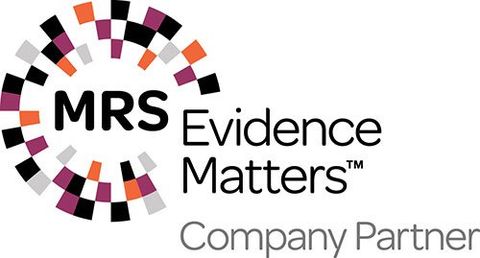Personal Development Course
Personal Development Course
Course Overview:
Personal Development Diploma provides the learner with key information about the application and skills that are demanded in the Personal Development Sector. Personal Development Diploma provides lessons, modules, and quizzes to get access and knowledge on the end provided with Professional Certificate that helps in Career building in professional life.
Personal Development Diploma makes the learner able to concept of Self Leadership, Anger Management, Attention Management, Assertiveness and Self-Confidence, Body Language Basics, Conflict Resolution, Facilitation Skills, Improving Mindfulness, Improving Self-Awareness, Digital Citizenship, Interpersonal Skills, Job Search Skills Life Coaching Essentials and Stress Management.
Course Benefits:
1- Courses / Training that best suit to Work Experience, Knowledge and Skills.
2- Self-paced Training/Courses to continue working while studying.
3- Self-Paced Courses to get free from the deadlines.
4- Course materials that include Training Manual, Mock Quizzes and Case Studies that challenge you to apply your knowledge that can be in PDF, Microsoft Word, Excel, PowerPoint format.
5- Assessment resources accessible through our online learning platform 24/7.
6- A professional one-to-one tutor to provide all-inclusive assistance throughout the course by online.
Modules Outline:
Module 1: Self Leadership:
• Understand what self-leadership is.
• Motivate yourself.
• Set goals.
• Reward yourself when positive things happen.
• Think positively.
Module 2: Anger Management:
• Understand anger dynamics in terms of the anger cycle and the fight or flight theory.
• Know common anger myths and their factual refutations.
• Know the helpful and unhelpful ways of dealing with anger.
• Know techniques in controlling anger, particular reading anger warning signs, using coping thoughts, exercising relaxation techniques and blowing off steam.
• Understand the difference between objective and subjective language.
• Know tips in identifying the problem.
• Express a feeling or position using I-messages.
Module 3: Assertiveness and Self-Confidence:
• Define assertiveness and self-confidence, and list the four styles of communication.
• Describe the types of negative thinking, and how one can overcome negative thoughts.
• Explain the difference between listening and hearing, and understand the importance of body language and questioning skills in communication.
• Define the importance of goal setting, and practice setting SMART goals for assertive behavior.
• Utilize methodologies for understanding your worth -- and the use of positive self-talk.
• List reasons why a pleasing appearance and body language are critical for creating a strong first impression.
• Practice sending positive communications phrased as “I-Messages”.
• Display rapport-building skills through assertive methods of expressing disagreement and consensus-building techniques.
• Practice strategies for gaining positive outcomes in difficult interpersonal situations.
Module 4: Attention Management:
• Define and understand attention management.
• Identify different types of attention.
• Create strategies for goals and SMART goals.
• Be familiar with methods that focus attention.
• Put an end to procrastination.
• Learn how to prioritize time.
Module 5: Basics of Body Language:
• Define body language.
• Understand the benefits and purpose of interpreting body language.
• Learn to interpret basic body language movements.
• Recognize common mistakes when interpreting body language.
• Understand your own body language and what you are communicating.
• Practice your body language skills.
Module 6: Developing Creativity
• Define creativity.
• Act with confidence.
• Engage in curiosity.
• Stop acting out of fear.
• Learn from introspection.
• Take risks.
Module 7: Digital Citizenship
• Define digital citizenship.
• Use technology appropriately.
• Use social networking to create your brand.
• Protect your reputation online.
• Practice safe use of technology.
• Understand digital etiquette.
Module 8: Facilitation Skills
• Define facilitation and identify its purpose and benefits.
• Clarify the role and focus of a facilitator.
• Differentiate between process and content in the context of a group discussion.
• Provide tips in choosing and preparing for facilitation.
• Identify a facilitator’s role when managing groups in each of Tuckman and Jensen’s stages of group development: forming, storming, norming, and performing.
• Identify ways a facilitator can help a group reach a consensus: from encouraging participation to choosing a solution.
• Provide guidelines in dealing with disruptions, dysfunctions, and difficult people in groups.
• Define what interventions are, when they are appropriate, and how to implement them.
Module 9: Generation Gaps
• History behind generation gaps.
• What are traditionalists.
• What are baby boomers.
• What are Generation Xers.
• What are Generation Yers.
• Differences between each type of generation.
• Finding common ground among the generations.
• Conflict management.
• Leveraging the benefits of generation gaps at work.
Module 10: Improving Mindfulness
• Define mindfulness.
• Develop techniques to make oneself more attuned to the present moment.
• Understand the value and utility of one’s emotions.
• Learn how to identify and counter distorted thinking.
• Learn how to cultivate genuine positive emotions.
• Become more fully present in social interactions.
Who is this course for?
Without any prior knowledge of Personal Development, the learners can take this training course and in addition to this, there are no age restrictions. Thus, anyone who is passionate and ambitious about Personal Development can take the course. There are no specific deadlines for admission, and you can enroll anytime on this course.
Requirements
There are no precise requirements for Personal Development Certificate as no prior knowledge and experience of Personal Development is required.
Students seeking to enroll for this course should meet the following requirements;
• Basic knowledge of English Language & Basic Computer Skills.
• Be age 16 years or above.

